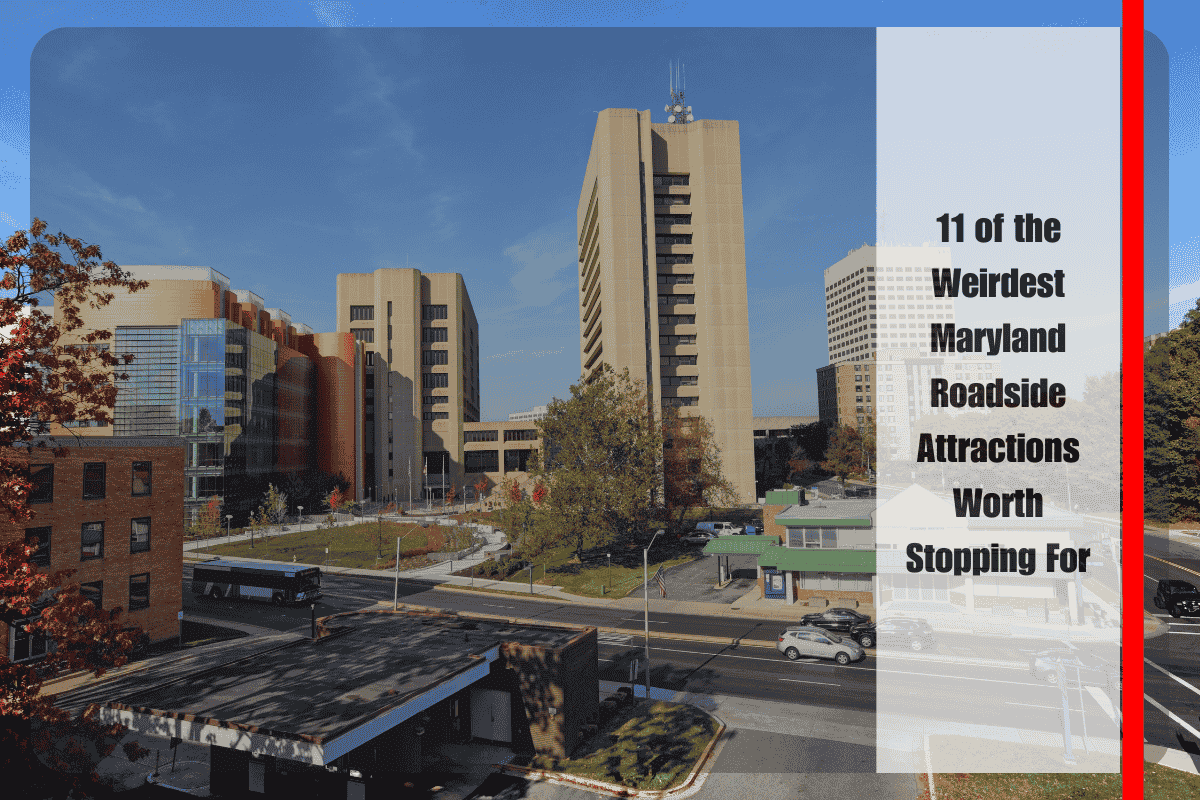New Jersey does in fact use Daylight Saving Time, just like most other states in the U.S., and has not opted out of the system the way Arizona and Hawaii have. The simple reason New Jersey keeps Daylight Saving Time is because it follows the federal Uniform Time Act of 1966, which mandates the observance unless a state passes a law to opt out, as Arizona and Hawaii did decades ago. Unlike those states, New Jersey’s daylight patterns and climate provide practical benefits to shifting the clocks, so there has not been sufficient push or rationale for the state to end the practice.
Arizona does not observe Daylight Saving Time mainly because the extra hour of daylight in the evening results in hotter temperatures during waking hours, which most residents wish to avoid. Hawaii forgoes the practice due to its proximity to the equator, which means the length of daylight does not vary much throughout the year, making the time shift unnecessary.
New Jersey uses Daylight Saving Time simply because its geography, climate, and public policy all support having more daylight in the evening hours. Unless there is a significant change in state or federal law, or public preference, New Jersey will continue to “spring forward” and “fall back” along with the rest of the country, rather than opt out as Arizona or Hawaii have.
Sources
(https://en.wikipedia.org/wiki/Daylight_saving_time)
(https://www.accuweather.com/en/weather-news/why-the-us-kept-daylight-saving-time/1750700)
(http://nj1015.com/?p=1317904)
(https://patch.com/new-jersey/across-nj/what-nj-should-know-daylight-saving-time-debate-washington)
(https://www.delawareonline.com/story/news/2025/08/19/when-is-daylight-savings-time-change-2025-when-do-clocks-fall-back-daylight-saving-dst/85711117007/)












